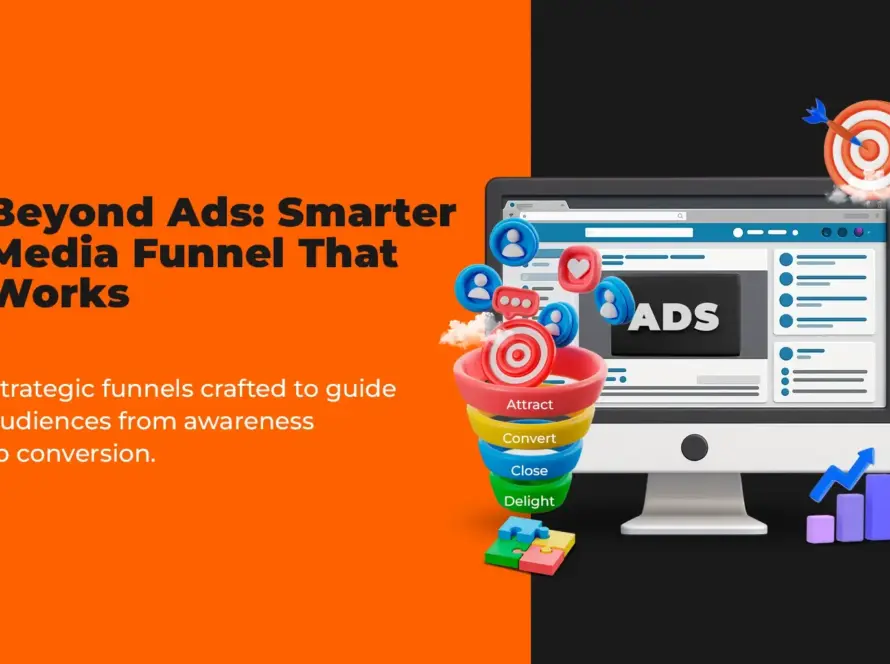What Is Organic CTR (Click-Through Rate)?
Organic CTR (Click-Through Rate) measures the percentage of users who click on your website’s organic search result compared to how many times it’s shown (impressions). It reflects how compelling your titles, descriptions, and positioning are in search. At Omega Trove, we optimize organic CTR to drive higher traffic and rankings.
What Does Organic CTR Mean in SEO?
In SEO, organic CTR is a key performance metric. For example:
- A blog post appears 1,000 times in Google and gets 80 clicks = 8% organic CTR.
- Higher CTR signals to Google that your result is relevant, which can improve rankings.
Consultants use organic CTR to measure how well search snippets attract clicks compared to competitors.
Why Organic CTR Matters for Business Strategy
Improving organic CTR means more traffic without new content.
Benefits of Organic CTR Optimization:
- Increases website visits without more impressions
- Boosts rankings by signaling relevance to Google
- Improves ROI from existing content
- Attracts more qualified traffic ready to convert
- Strengthens overall search visibility
How Omega Trove Improves Organic CTR
Omega Trove applies data-driven optimization to raise organic CTR:
- Crafting compelling meta titles and descriptions
- Adding structured data (schema) for rich snippets
- Testing title formats like numbers, questions, or brackets
- Monitoring CTR in Google Search Console
- Optimizing content to align with search intent
Learn more about our SEO services.
Related Terms You Should Know
- Meta Title – The clickable headline in search results.
- Meta Description – The text preview under a title in SERPs.
- SERP Features – Enhanced results like featured snippets that impact CTR.
Frequently Asked Questions
What Is Organic CTR in SEO?
Organic CTR (Click-Through Rate) measures how many users click your website’s organic search listing compared to how many times it appears. It’s calculated as clicks divided by impressions, then multiplied by 100. A higher CTR means your title and description successfully attract user attention.
How Is Organic CTR Calculated?
Organic CTR is calculated using the formula:
(Clicks ÷ Impressions) × 100.
For example, if your result appears 1,000 times and gets 80 clicks, your CTR is 8%. Tracking this metric helps gauge how effectively your search snippets attract traffic from Google results.
What Is a Good Organic CTR?
A strong organic CTR typically ranges from 3% to 8%, depending on industry and ranking position. Top results often exceed 20%. Branded queries, rich snippets, and compelling titles tend to achieve higher CTRs due to increased user trust and relevance.
Does Organic CTR Affect Google Rankings?
Yes — organic CTR indirectly influences rankings. When users frequently click your result, it signals relevance and quality to Google. Over time, higher CTR can help improve your position in search results as part of overall engagement metrics.
How Do Meta Titles and Descriptions Affect CTR?
Meta titles and descriptions directly impact organic CTR by shaping first impressions. Titles with clear keywords, emotional triggers, or numbers draw more clicks. Optimized meta descriptions reinforce intent and encourage action, improving visibility and engagement.
Do SERP Features Lower Organic CTR?
Yes, sometimes. SERP features like featured snippets, ads, or knowledge panels can reduce clicks on traditional results. However, optimizing for those same features — through schema markup and content formatting — can help your brand capture that visibility instead.
Can You Improve Organic CTR Without Higher Rankings?
Absolutely. Even without ranking higher, optimizing your titles, descriptions, and structured data can significantly improve CTR. Creative copywriting, emotional hooks, and alignment with search intent often outperform competitors in the same position.
What Tools Measure Organic CTR?
Google Search Console is the most accurate tool for tracking organic CTR. Other platforms like Ahrefs, SEMrush, and Moz provide complementary data on impressions, rankings, and keyword performance to help refine title and snippet strategies.
What Hurts Organic CTR?
Low CTR is often caused by weak titles, poor descriptions, irrelevant snippets, or competing SERP elements. Slow-loading pages, misleading headlines, or outdated content can also discourage clicks and lower engagement over time.
How Can You Increase Organic CTR in SEO?
You can boost organic CTR by optimizing titles, descriptions, and structured data for relevance and appeal. Add power words, numbers, or brackets to titles, align copy with user intent, and use schema markup to enhance visibility with star ratings or FAQs in search results.


